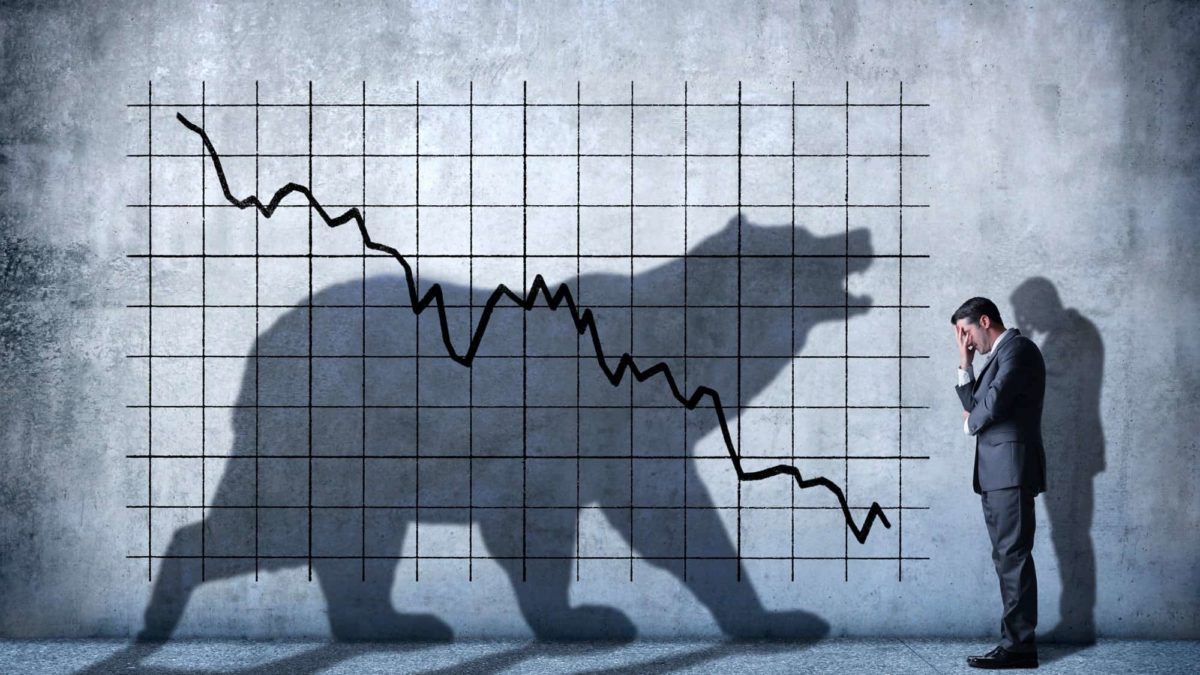Shares in building and construction materials supplier Boral Limited (ASX: BLD) opened at $6.45 a piece to start the session on Tuesday.
That price marks a 13% decline from a previous closing high of $7.41 on 23 July and an almost 5% fall in the last week of trading.
Several brokers have priced in this activity over the past few weeks, with each recently posting updates on their outlook on the ASX share.
Here is why these top brokers are bearish on the Boral share price.
What's the outlook for Boral shares?
According to the team at JP Morgan, earnings for Boral's local construction materials business is at "trough" levels.
The broker remains uncertain that management can deliver on its $200 million – $250 million transformation programme in Australia, few a few reasons.
First is that the division has already delivered returns through the cycle. Second, it implies "a particularly weak base level of earnings relative to prior years when activity was at trough levels".
JP Morgan also notes management's language pointing to an approximate $16 million hit from enforced lockdowns in July.
For instance, first quarter drag is expected to be around $50 million, and "the ability to recover [these] lost volumes remains unclear" the broker says.
The broker reckons to assess Boral, it comes down to two key assumptions – how much its US fly ash business is worth, plus "the level of transformation benefits that can be delivered in Australia, and of these benefits are incremental to the last cycle".
As such JP Morgan has a sell rating with a $6 price target implying a 7% downside potential at the time of writing.
What other brokers are bearish?
Fellow broker UBS is also worried about the outlook for the Boral share price. It recently trimmed its price target by 5% to $6.45 with a neutral rating, meaning it now sees Boral's share price as fairly valued.
UBS reckons that whilst Boral's concrete and quarry volumes came in ahead of expectations, there are underlying challenges from market conditions.
It too believes Boral might have a hard time gaining traction in its core margins until there is a meaningful recovery in the Sydney market.
Not only that, but UBS notes the construction material player's recent divestments, which ultimately slim down its business from an earnings perspective.
Jefferies isn't so rosy on the Boral share price either. It reckons the company's debt portfolio needs a bit of attention, as it has US$1.25 billion in debt across 8 US senior notes.
The coupon rate (or interest rate) on these bonds ranges from 3% to 4.58%, with expiries ranging from November 2022 to November 2030.
It notes there will "likely be no hedge for this debt given the likely full exit from North American businesses".
For reference, Boral did recently complete a partial tender of a portion of debt with short expiry, but it incurred a several million dollar 'make-whole' cost in doing so.
Jeffries says "a balance will need to be struck between the make-whole costs and the incremental cost of hedging the USD debt exposure, which we expect is something being given appropriate attention by Boral management".
So what's the sentiment on the Boral share price?
Of the 11 analysts covering the ASX share, 8 have either a hold or sell rating on the Boral share price.
Two brokers have a buy rating, with Macquarie Group Ltd (ASX: MQG) holding the largest price target of $7.50 per share.
The spread between the highest and lowest valuations is $1.50 or 25%, with JP Morgan's outlook being the most bearish on the share price direction.
Of the 72.8% neutral or bearish forecasts, only Credit Suisse has a price target above Boral's current market price at $6.90.
Moreover, the average or consensus of these price targets is $6.09, implying a downside potential of almost 6%.
Based on this rudimentary analysis, the sentiment appears tilted towards a bearish tone from the list of analysts provided by Bloomberg Intelligence.
Despite this, in the last 12 months, the Boral share price has gained 25% after rallying another 30% this year to date.









